The Forex market, a vast ocean of currency trading, is a complex and dynamic entity that never sleeps. With an average daily trading volume surpassing $6 trillion, the question of who actually controls this global financial behemoth is a compelling one. Delve into the intricacies of the Forex market, as we uncover the entities that exert influence, the mechanisms of market control, and the impact of geopolitical forces at work. From the pivotal role of central banks to the sway of major financial institutions and the effects of global political events, understanding the underpinnings of Forex market dynamics is essential for anyone navigating its turbulent waters.
Unveiling Forex Market Masters
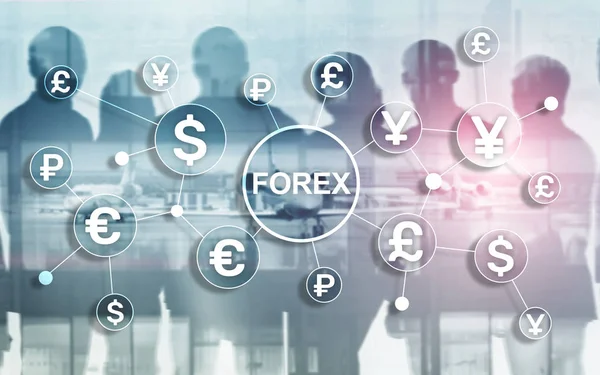
The Forex market is decentralized, lacking a central exchange that dominates activity. Instead, control is exerted through a combination of participants, each with its own influence. Among these are central banks, major financial institutions, hedge funds, multinational corporations, and individual traders. Central banks, such as the Federal Reserve or the European Central Bank, play a particularly crucial role by setting monetary policy that affects currency values. Major financial institutions, like Goldman Sachs and JPMorgan Chase, facilitate significant volumes of currency trades daily, thus swaying market prices. Hedge funds and multinational corporations also contribute to market movements with their large-scale transactions, while individual traders, often seen as the ‘minnows’ of the market, collectively can impact trends and liquidity.
Decoding Market Control Mechanisms
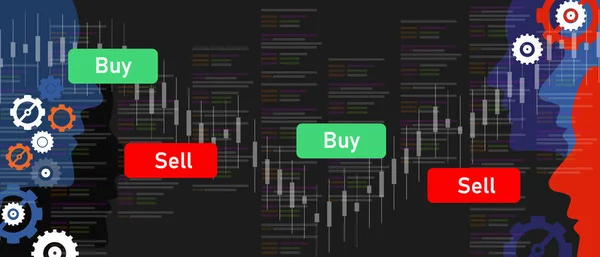
The mechanisms controlling the Forex market stem from the interplay of supply and demand, market sentiment, and economic indicators.
- Supply and Demand: Currency prices fluctuate based on the supply of and demand for different currencies.
- Market Sentiment: Traders’ perceptions and expectations can drive market trends, often influenced by news and economic reports.
- Economic Indicators: Data such as GDP growth, unemployment rates, and inflation are crucial in shaping market expectations and currency valuations.
In addition to these factors, technological advances, such as automated trading algorithms, play a role in driving market momentum and executing large volumes of trades instantaneously, thus affecting market prices.
The Role of Central Banks
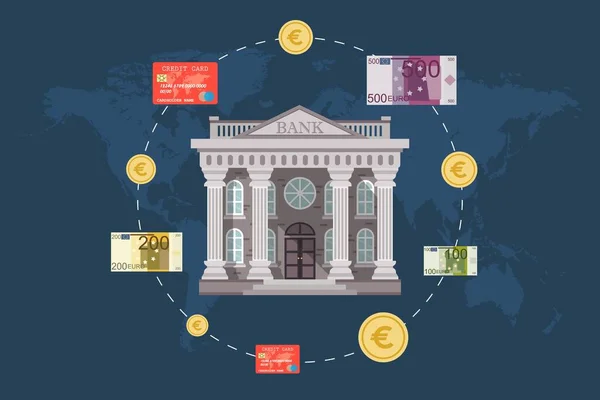
Central banks are among the most influential players in the Forex market, with the power to:
- Set interest rates, which directly impact currency values and investor behavior.
- Engage in open market operations, buying or selling their own currency to influence exchange rates.
- Implement quantitative easing or tightening policies, adjusting the money supply to achieve economic objectives.
- Issue statements and forecasts that can lead to market anticipation and speculative trading.
- Coordinate with other central banks to manage global economic stability, sometimes leading to concerted interventions.
- Act as a last resort lender, providing financial stability during times of market stress.
These actions collectively shape the short-term and long-term trends in currency values and exchange rates.
Influence of Major Financial Players

In the realm of the Forex market, major financial players hold significant clout. These include:
- Commercial and Investment Banks: They are the largest players, conducting a substantial portion of total currency transactions for both clients and themselves.
- Hedge Funds: With their aggressive trading strategies, they can influence currency directions through sheer volume.
- Pension Funds and Insurance Companies: While generally more conservative, their vast portfolios mean even slight rebalancing can shift market dynamics.
- Multinational Corporations: Engaging in Forex to hedge against currency risk in international trade, their transaction needs can move exchange rates.
- Retail Forex Brokers: Facilitating access for individual traders, they can amplify market trends as collective trading volume grows.
These entities, through their strategies and trades, can drive market movements and create liquidity in the market.
Impact of Global Political Events

Political events play an outsize role in the Forex market, with the potential to cause abrupt shifts in currency valuations. Examples of such events include:
- Elections, which can bring about changes in government policies affecting economic outlook.
- Geopolitical conflicts that can lead to uncertainty and risk-averse behavior among investors.
- Trade agreements or disputes that can alter the flow of goods and currency.
- Central bank announcements or interventions that are often politically motivated.
- Regulatory changes impacting financial markets and cross-border investment.
- Emergency events, like natural disasters or pandemics, which can disrupt economic stability.
These events can trigger a cascade of reactions from market participants, creating volatility and new trends in currency markets.
Understanding Forex United States Dollar (USD) Euro (EUR)

Market Dynamics
The dynamics of the Forex market are shaped by a myriad of factors that can shift the balance of power among participants. To illustrate this, consider a comparison between two primary currencies:
| Factor | United States Dollar (USD) | Euro (EUR) |
|---|---|---|
| Economy | Driven by robust consumer spending and technological innovation. | Influenced by the economic policies of multiple member countries. |
| Interest Rate | Typically set by the Federal Reserve, affecting the currency’s investment appeal. | Dictated by the European Central Bank, with implications for the Eurozone. |
| Political Stability | Generally stable, but subject to fluctuations during election cycles. | Depends on the cohesion among EU member states and their political climates. |
| Trade and Fiscal Policies | Influenced by the U.S. administration’s stance on trade and fiscal matters. | Shaped by collective decisions within the EU, impacting the euro’s movement. |
| Global Role | The USD is the world’s primary reserve currency, adding to its stability. | The euro is a significant reserve currency, but with less global dominance than the USD. |
| Liquidity | The USD is highly liquid due to its demand in international trade and finance. | The euro is also liquid, but can be affected by regional economic issues. |
Understanding these dynamics is crucial for traders looking to capitalize on currency fluctuations and make informed decisions.
The control of the Forex market is a complex web, with central banks, financial institutions, and market mechanisms playing pivotal roles. While no single entity can claim absolute control, the combined actions and reactions of these players create the ebbs and flows of currency values. As global political events unfold and economic indicators signal shifts, the market responds in kind, perpetually shaping the financial landscape. Grasping the intricacies of Forex market dynamics is not only fascinating but essential for anyone looking to engage with the world’s largest financial market.



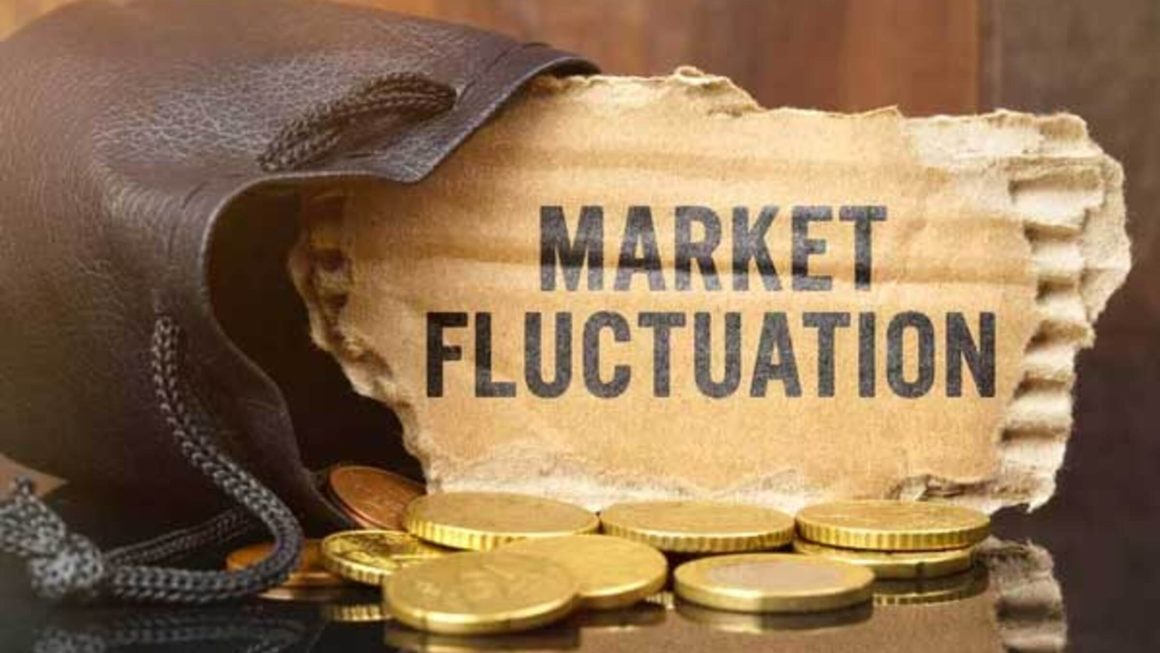
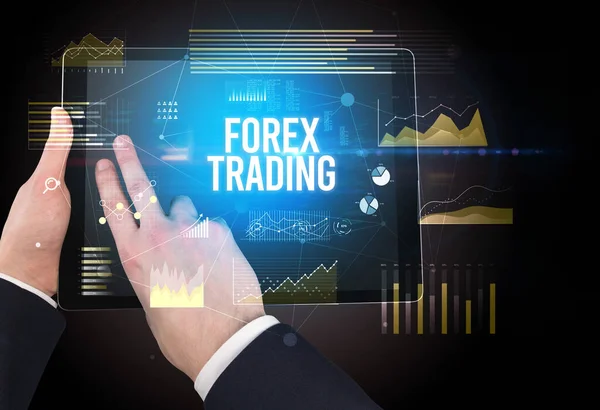
The tech aspect is interesting, especially automated trading algorithms. I wonder how much these can really push the market compared to human decisions.
Fascinating read about the Forex market! It’s intriguing that central banks have such a big role in setting interest rates and affecting currency values.
Economic indicators like GDP and inflation are vital information. Traders must stay informed to understand currency valuations.
This article was an eye-opener on how the Forex operates. The comparison between the USD and EUR sheds light on the different factors influencing these major currencies.
It’s astonishing to see how global political events can shake up the Forex market. Things like elections and trade deals can really change currency values quickly.
Hedge funds and their aggressive strategies are a force to reckon with in currency markets. Their trading volume can really move things.
It’s a delicate balance in the Forex market with so many players. Individual traders might seem small, but altogether, they make a significant impact.
I had no idea how much influence major financial institutions like Goldman Sachs have in Forex. Their trading volume must be enormous to sway market prices like that.